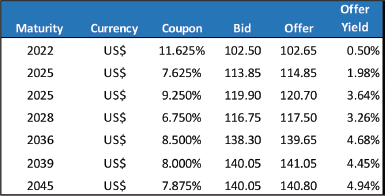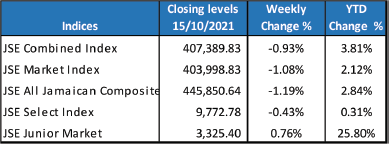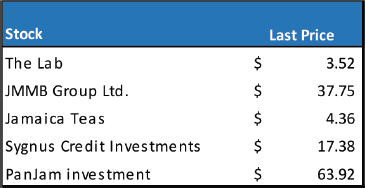SHARE BUYBACK BASICS
When the economy is in a downturn, share prices can fall sharply as a result of weaker than expected company earnings, among other factors. When this happens, a company may pursue a buyback program if it believes that its company shares are being undervalued by the market. With that said, stock buybacks have been increasing in frequency, which is not unusual, considering the condition of the economy.
Eppley Caribbean Property Value Fund, Kingston Properties REIT and GraceKennedy are among some of the companies on the Jamaica Stock Exchange that have used stock buybacks to support their stock prices when they feel their Company’s shares are trading below their true value, and an opportunity exists to enhance shareholders value.
What is a share buyback?
A share buyback happens when a business buys its own shares and then either cancels them or holds them in treasury for re-issue at a later date. To do a buyback, a business may purchase its shares in the open market in much the same manner as any other investor.
To illustrate, imagine that you own one share of company XXL that has a total of 10 shares outstanding. Company XXL’s market capitalization is $1,000,000, which means that each share is worth $100,000. The company’ stock price has fallen sharply after bad news. The company believes that this is just an overreaction by the stock market, so it buys back 1 share of its outstanding stock, which now leaves 9 outstanding shares. Now, that same market capitalization of $1,000,000 is spread across fewer shares (9) which increases their value to $111,111 per share, up from $100,000 each.







